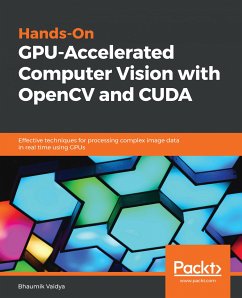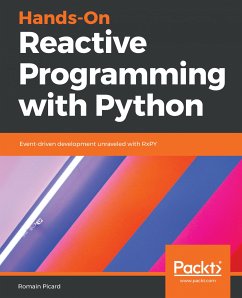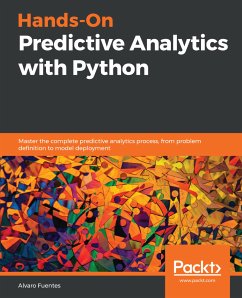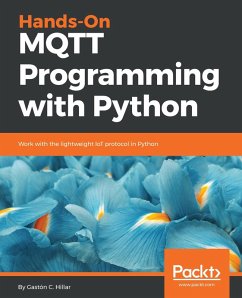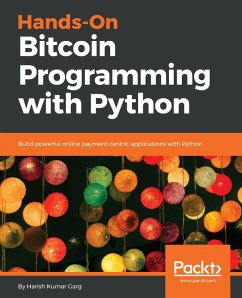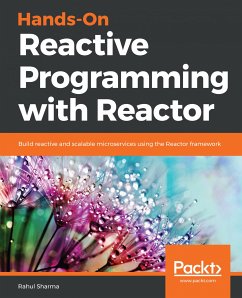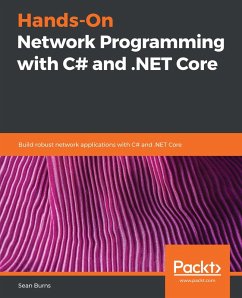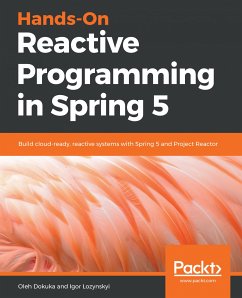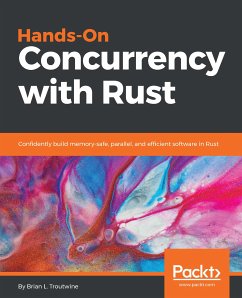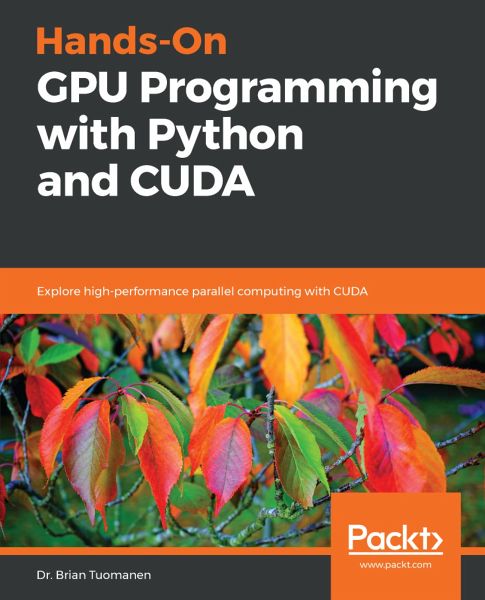
Hands-On GPU Programming with Python and CUDA (eBook, ePUB)
Explore high-performance parallel computing with CUDA

PAYBACK Punkte
14 °P sammeln!
Hands-On GPU Programming with Python and CUDA hits the ground running: you'll start by learning how to apply Amdahl's Law, use a code profiler to identify bottlenecks in your Python code, and set up an appropriate GPU programming environment. You'll then see how to "query" the GPU's features and copy arrays of data to and from the GPU's own memory. As you make your way through the book, you'll launch code directly onto the GPU and write full blown GPU kernels and device functions in CUDA C. You'll get to grips with profiling GPU code effectively and fully test and debug your code using Nsight ...
Hands-On GPU Programming with Python and CUDA hits the ground running: you'll start by learning how to apply Amdahl's Law, use a code profiler to identify bottlenecks in your Python code, and set up an appropriate GPU programming environment. You'll then see how to "query" the GPU's features and copy arrays of data to and from the GPU's own memory. As you make your way through the book, you'll launch code directly onto the GPU and write full blown GPU kernels and device functions in CUDA C. You'll get to grips with profiling GPU code effectively and fully test and debug your code using Nsight IDE. Next, you'll explore some of the more well-known NVIDIA libraries, such as cuFFT and cuBLAS. With a solid background in place, you will now apply your new-found knowledge to develop your very own GPU-based deep neural network from scratch. You'll then explore advanced topics, such as warp shuffling, dynamic parallelism, and PTX assembly. In the final chapter, you'll see some topics and applications related to GPU programming that you may wish to pursue, including AI, graphics, and blockchain. By the end of this book, you will be able to apply GPU programming to problems related to data science and high-performance computing.
Dieser Download kann aus rechtlichen Gründen nur mit Rechnungsadresse in A, B, BG, CY, CZ, D, DK, EW, E, FIN, F, GR, HR, H, IRL, I, LT, L, LR, M, NL, PL, P, R, S, SLO, SK ausgeliefert werden.




